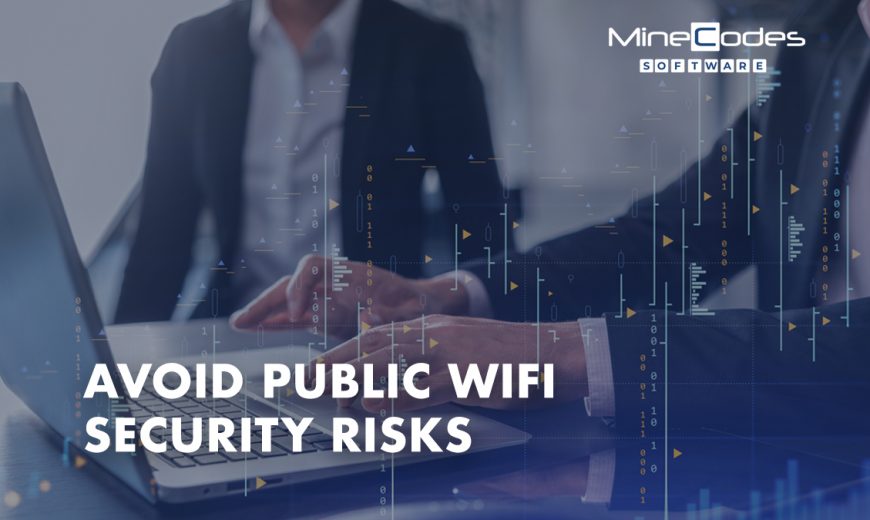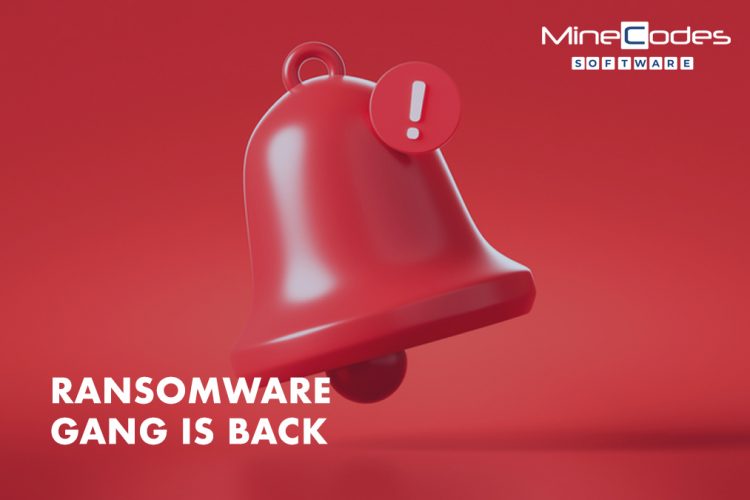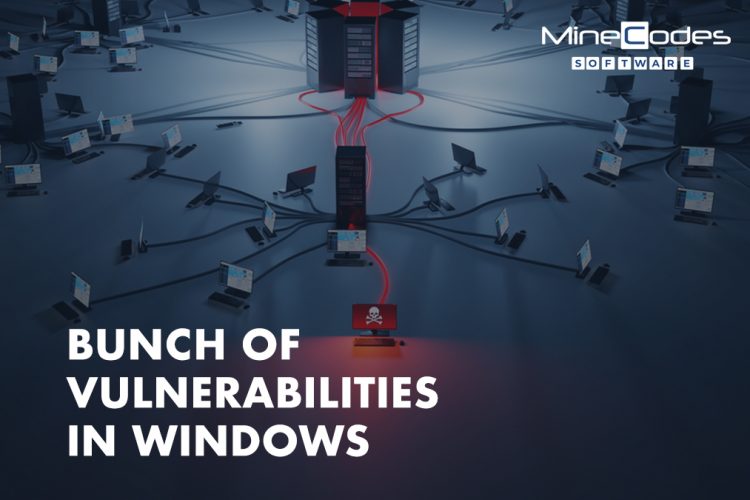
Hackers pose a threat to Wi-Fi users, but there are protections in place to protect them. Working professionals have benefited greatly from the recent boom of free public Wi-Fi. Because these free access sites may be found at restaurants, hotels, airports, bookstores, and even odd retail establishments, you’re never more than a short distance away from your network and work. However, this independence comes with a cost, and few people are aware of the dangers of using public Wi-Fi. Your vital company data will be protected if you learn how to protect yourself.
The Dangers of Using Public Wi-Fi
The same characteristics that make free Wi-Fi hotspots appealing to users also make them appealing to hackers, notably, the lack of authentication required to create a network connection. This provides the hacker with an incredible chance to gain unrestricted access to insecure devices on the same network.
The ability of a hacker to place himself between you and the connection point poses the greatest danger to open Wi-Fi security. Rather of communicating directly with the hotspot, you submit your data to the hacker, who then passes it on.
The hacker gets access to every piece of information you send out on the Internet while working in this setup: vital emails, credit card information, and even security passwords for your corporate network. Once the hacker gets that knowledge, he can access your systems as if he were you whenever he wants.
An unprotected Wi-Fi connection can potentially be used by hackers to spread malware. If you allow file sharing across a network, a hacker can simply infect your computer with tainted software. Some clever hackers have even hacked the connection point itself, causing a pop-up window to appear during the connecting process, proposing an update to a popular piece of software. The virus is installed when you click the window.
As mobile Wi-Fi becomes more prevalent, Internet security concerns and public Wi-Fi dangers are certain to increase. But that doesn’t mean you have to abandon free Wi-Fi in favour of tethering yourself to a desk. The great majority of hackers are looking for easy prey, so following a few steps should keep your data protected.
Use a virtual private network (VPN).
When connecting to your business over an unprotected connection, such as a Wi-Fi hotspot, a virtual private network (VPN) connection is required. Even if a hacker manages to get into the midst of your connection, the data will be heavily encrypted. Most hackers would destroy stolen information rather than putting it through a long decryption procedure since they’re looking for an easy victim.
SSL connections should be used.
Although you are unlikely to have a VPN available for normal Internet browsing, you may still secure your communications. On websites that you visit regularly or that need you to input credentials, choose the “Always Use HTTPS” option. Remember that hackers are aware of how people reuse passwords, so your login and password for a random forum might be the same as your bank or workplace network, and providing these credentials in an unencrypted way could give a savvy hacker access to your account. The “HTTPS” option is found somewhere in the settings of most websites that need an account or credentials.
Disable sharing
You’re unlikely to wish to disclose anything when using the Internet in a public area. Depending on your OS, you may disable sharing through the system options or Control Panel, or you can let Windows do it for you by selecting the “Public” option the first time you join to an unprotected network.
When you’re not using Wi-Fi, turn it off.
Even if you haven’t joined to a network, your computer’s Wi-Fi hardware is still sending data between any networks within range. There are security safeguards in place to keep this tiny communication from jeopardising your security, but not all wireless routers are created equal, and hackers may be resourceful. Keep your Wi-Fi turned off if you’re only using your computer to work on a Word or Excel project. You’ll also get a considerably longer battery life as a bonus.
Keep yourself safe.
Even those who take all conceivable public Wi-Fi security safeguards can encounter problems from time to time. In this linked era, it’s just a fact of life. That’s why it’s critical to have an up-to-date Internet security solution installed and active on your computer. These solutions can execute a virus scan on your files on a regular basis, and they will check new files as they are downloaded. The best consumer security software will also include corporate protection features, allowing you to safeguard yourself when you’re out and about, as well as your servers back at the office.
Throughout every business traveler’s life, there may be times when the only connection available is an insecure, free public Wi-Fi hotspot, and your job must be completed immediately. Understanding the dangers of using public Wi-Fi will help you avoid becoming another hacker statistic.
” This blog offers generic information. By no means, it is professional advice. The information aforementioned is believed to be factually correct. The information provided is solely based on the author’s judgment and is subject to change. This is not endorsed by any 3rd parties or other brands.”
Article Credits –
kaspersky.com
#SSLConnections #VPN #PublicWi-fi #SecurityRisks



